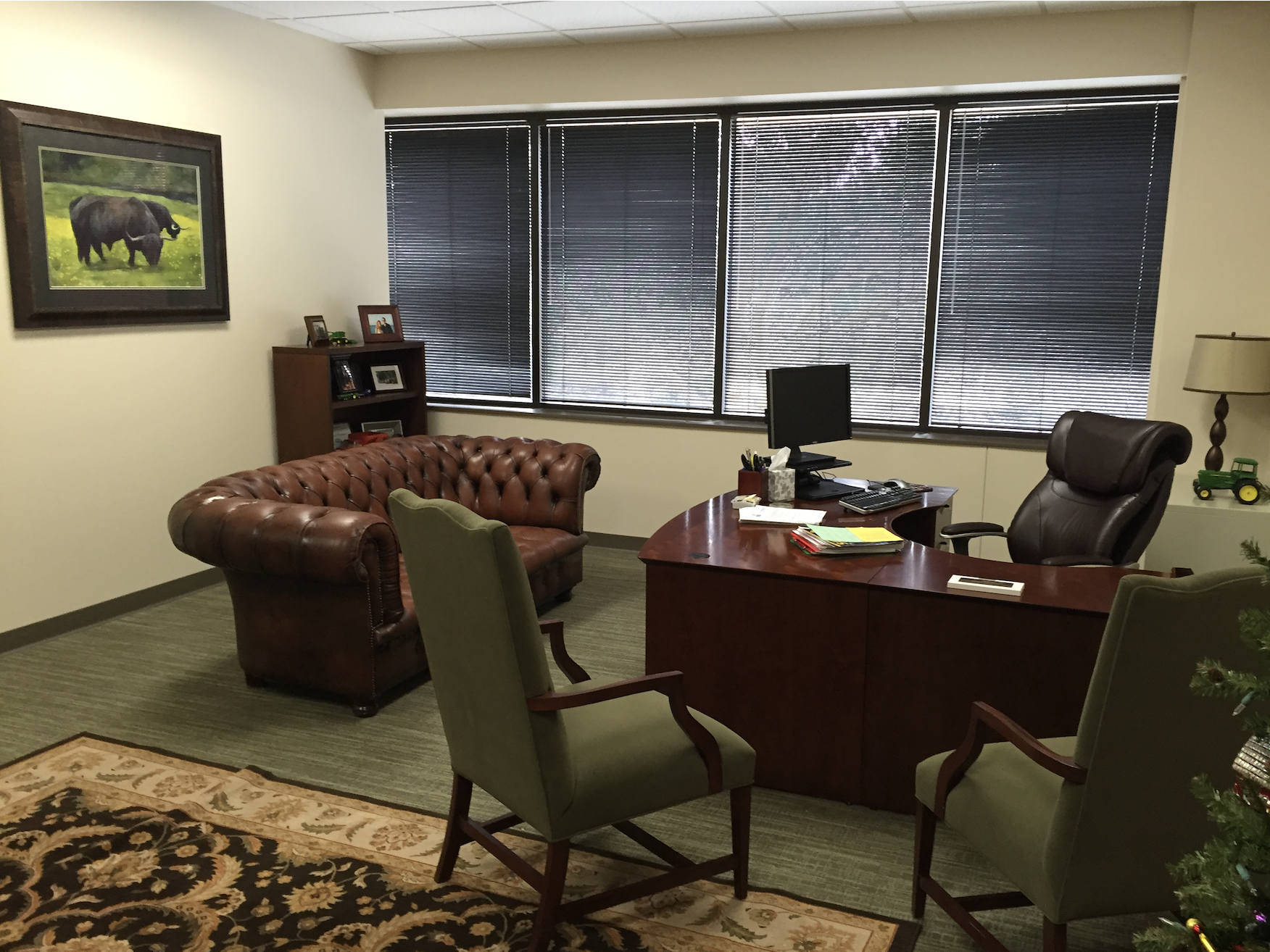Highlights from 2021 American Ag Law Symposium
/Welcome to Salt Lake City! It was great to get back to traveling and re-connecting with some the United States’ best ag lawyers at the recent American Ag Law Association (AALA) annual symposium recently in Salt Lake City. Although America is baked into the name, it was great to meet a couple international lawyers at this year’s event as well. For those who could not attend, we thought we would do a post for those persons who could not attend this year, or are considering joining AALA in the future.
Todd Janzen: First, though, let me say congratulations to Brianna Schroder. Brianna was elected to serve on the AALA board of directors for 2021-2022. Congrats Brianna.
The University of Utah
Brianna Schroder: The AALA board includes attorneys from wildly different practice areas: academia, private practice, and in house, and from New Orleans to Utah to Indiana. I can’t wait to learn from them and to serve the organization for years to come.
Todd: One of my highlights from day one was listening to Bill Even from the National Pork Board and Don Slight, former CEO of American Farmland Reserve. These two really understand their industries and provided some high-level insight into the challenges ahead for pork production and other commodities. Even described African Swine Fever (AFS) as the biggest issue lurking around the US pork supply. Where AFS has occurred, it has decimated pig populations. The growing challenge of controlling feral hogs, which are potential AFS diesease spreaders. Both men noted the supply chain difficulties their industries are facing, much like other industries.
Brianna: I enjoyed Bill and Don’s discussion of what trends they expected to see in the coming years. They agreed that agriculture will continue to increase its efficiency to feed a growing population. The demand for protein especially continues to grow in the developing world. Sustainability is of course going to be the name of the game too. For livestock, this may mean auditing farms and standardizing how we measure the impact of green practices put into place by producers and processors. Everyone agrees that as long as the WOTUS (waters of the United States) rule keeps changing, it is hard for businesses because certainty makes it easier for planning new projects big and small. One line stuck out to me, and that is soil scientifically exists on a continuum, and the line we pick to delineate wetlands will always be a political one.
Todd: Sarah Vogel, author of book titled The Farmer’s Lawyer, described what it was like to challenge the USDA during the 1980’s farm crisis to try to stop farm foreclosures. Vogel represented over 240,000 farmers whose farms were facing the death knell of foreclosure. Her efforts ultimately stopped 16,000 foreclosures and led to legislation that reformed UDSA’s ag lending practices. Her stories were incredible—she even got endorsements from John Grisham and Willie Nelson for her book.
AALA panel slide from Brian Steed, Mike Ford, and Redge Johnson’s Thursday presentation
Brianna: One of my favorite sessions (apart from my own solar power panel, of course!) was put on at the University of Utah School of Law on Thursday. It focused on federal land management. Utah ranks second after Nevada with the most federal law—34 million acres. This is about 65% of the state. Indiana, on the other hand, ranks 39th for federal lands, with 384,365 acres. Most of these acres are in the Hoosier National Forest in southern Indiana. Federal land management affects development, tribal rights, local tax base, water reclamation, and livestock grazing. I enjoyed this session because it reminded me how diverse our country’s land is—Utah’s mountains and deserts looks nothing like the midwest, but agriculture is thriving all over.
Todd: I really enjoyed the session by Marissa Bocci (K&L Gates) and David Muth (People’s Company) about maximizing the value for your clients during farmland auctions. One of the insights I learned was about how a seller can set up a digital “data room” prior to a farmland sale. The data room is a place where all information about the selling property is housed, and any interested buyer can log in and download documentation related to the land or farm that is being sold. It is a great way to manage the information exchange between sellers and potential buyers and also a great way to monitor who is interested in a seller’s property.
Brianna: I also attended a presentation about checkoff organizations by Chelsea Good of the Livestock Marketing Association and Robert Thompson from Bryan Cave, a Kansas City law firm. We have all seen ads paid for by checkoff dollars (e.g. Got Milk?, Pork - the other white meat, Beef! Its whats for dinner, etc.). Chelsea discussed how the USDA oversees federal checkoffs and approves the messaging for federal checkoff promotional materials. Robert updated the attendees on the lawsuit filed by R-CALF against the Montana Beef Checkoff program. This lawsuit started over a Wendy’s advertisement. The case eventually included checkoffs from many states and became a major First Amendment case about freedom of speech and government speech. The Ninth Circuit ruled in favor of the USDA and the state beef councils. R-CALF has until December 24 to ask the Supreme Court of the United States to review the case.
Last but not least, we can proudly say we won the best legal writing award for 2021 for our work on the amicus brief in the Himsel v. Himsel.
We hope to see you next year when the conference moves to New Orleans!







